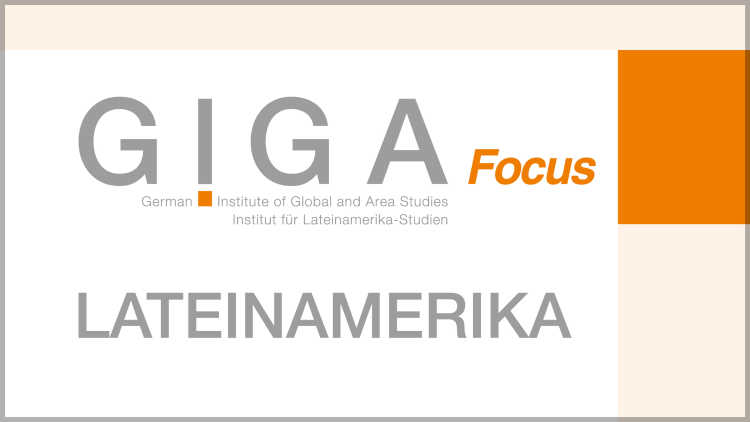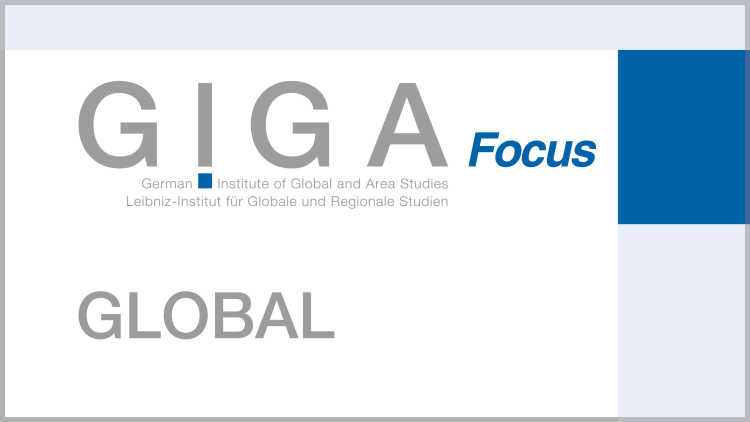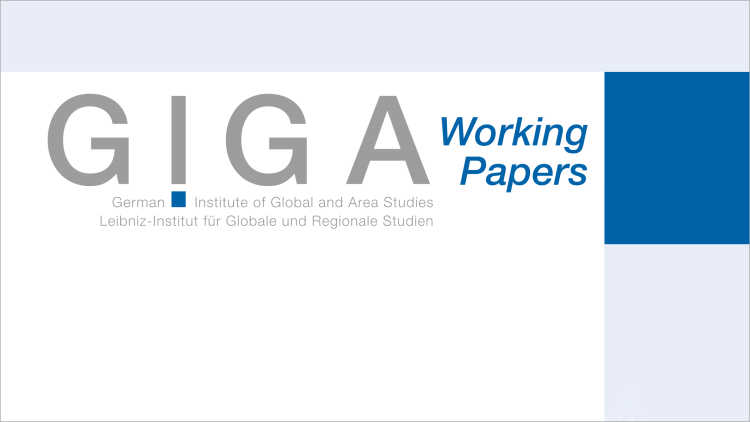- Home
- Publications
- GIGA Focus
- Blocked Democracies in Central America
GIGA Focus International Edition English
Blocked Democracies in Central America
Number 5 | 2011 | ISSN: 2196-3940
The elections of 6 November 2011 have further damaged Central American democracy. Otto Pérez Molina, a right-wing conservative former general, was elected president of Guatemala with 54 percent of all votes cast. On the same day, Daniel Ortega was confirmed for a third term as president of Nicaragua in office with 62 percent. Both elections emphasize the growing trend of authoritarian rule in Central America.
Analysis
The shortcomings within the Central American transformation towards democracy, the establishment of the rule of law, and a policy of social development are clearly not of a transient nature, as they have become more and more prominent. These shortcomings prevent the rooting of democracy in society that is necessary for its consolidation.
After two decades of political transformation, neither social injustice nor poverty have been reduced in Central America. Dealing with these historically ingrained problems, however, is necessary to politically strengthen and legitimize democracy.
The political minimum consensus is increasingly under threat. The supposedly leftwing parties demand a government policy of active intervention by establishing welfare programs; however, they attempt to put their policies into practice at the cost of the existing legal framework.
The political right, on the other hand, insists that formally democratic procedures must be adhered to, but suggests that social injustice and political disintegration can be overcome only with a completely free market and a security policy best described as an "iron fist" approach.
At the same time, both camps try to mobilize their supporters not with policydriven programs that aim to solve these critical issues, but with populist slogans and loyalty towards certain individuals. The result is a political blockade that prevents the deepening and consolidation of democratization.
Footnotes
Research Project
Regional Institutes
Research Programmes
How to cite this article
Argueta, Otto, Sebastian Huhn, Sabine Kurtenbach, and Peter Peetz (2011), Blocked Democracies in Central America, GIGA Focus International Edition English, 5, Hamburg: German Institute for Global and Area Studies (GIGA), http://nbn-resolving.de/urn:nbn:de:0168-ssoar-289026
Imprint
The GIGA Focus is an Open Access publication and can be read on the Internet and downloaded free of charge at www.giga-hamburg.de/en/publications/giga-focus. According to the conditions of the Creative-Commons license Attribution-No Derivative Works 3.0, this publication may be freely duplicated, circulated, and made accessible to the public. The particular conditions include the correct indication of the initial publication as GIGA Focus and no changes in or abbreviation of texts.
The German Institute for Global and Area Studies (GIGA) – Leibniz-Institut für Globale und Regionale Studien in Hamburg publishes the Focus series on Africa, Asia, Latin America, the Middle East and global issues. The GIGA Focus is edited and published by the GIGA. The views and opinions expressed are solely those of the authors and do not necessarily reflect those of the institute. Authors alone are responsible for the content of their articles. GIGA and the authors cannot be held liable for any errors and omissions, or for any consequences arising from the use of the information provided.







